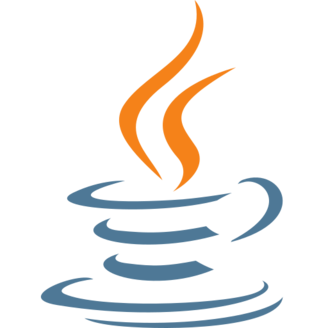Medium
1M
370

Image Credit: Medium
The Cost of Reflection on JVM Performance and Internal Access Checks
- Calling a method reflectively in Java involves multiple internal steps on the JVM, including method lookup, creation of Method object, bytecode generation, and access checks.
- Unlike direct method calls, reflective calls incur additional runtime work and checks, slowing down the process.
- Direct method calls benefit from JIT compiler optimizations like inlining, which reflective calls lack due to runtime method determination.
- Reflective calls involve argument conversion processes, boxing and unboxing of primitive types, leading to performance overhead.
- Reflection in Java allows accessing private state through setAccessible(true), bypassing normal access controls, which was widely used in frameworks.
- Java Platform Module System introduced boundaries for access control, requiring explicit declarations for reflective access, impacting frameworks relying on deep reflection.
- Introduction of modules shifted the access control paradigm, making reflective access dependent on module-level permissions rather than setAccessible(true) alone.
- Java deprecated the --illegal-access option, now enforcing access restrictions defined by module declarations, affecting reflection-heavy tools and frameworks.
- Frameworks adapted by using new alternatives like sun.misc.Unsafe or VarHandle when faced with restricted reflective access due to module boundaries.
- Reflection in Java continues to be used but with considerations for module-level boundaries and explicit permissions post-Java 9.
- Understanding the complexities of reflective access in the context of Java modules helps navigate the limitations and requirements imposed by the JVM.
Read Full Article
22 Likes
For uninterrupted reading, download the app